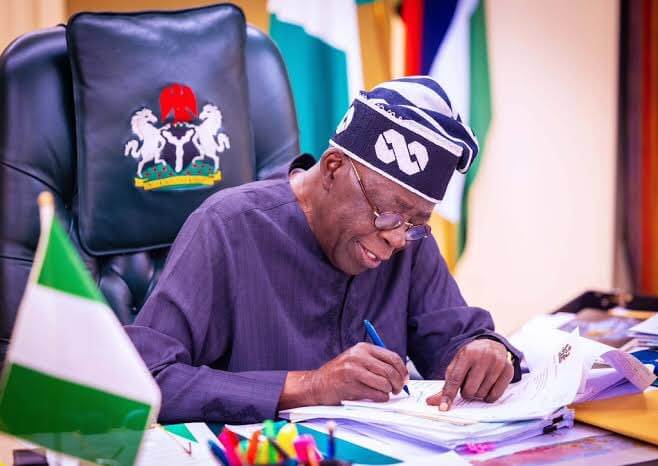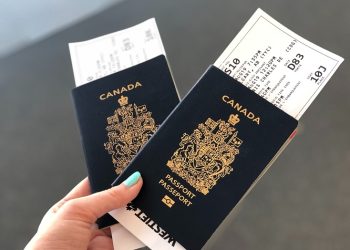
Nigeria’s military personnel have been explicitly prohibited from engaging in homosexuality, lesbianism, bestiality, cross-dressing, and other acts deemed contrary to the ethics of the armed forces.
This directive is contained in Section 26 of the revised Harmonised Armed Forces Terms and Conditions of Service signed by President Bola Tinubu on December 16, 2024.
The updated guidelines also bar personnel from body piercing, tattooing, drunkenness on or off duty, and disorderly behavior. A copy of the document, obtained by Punch on Saturday, detailed the restrictions:
“An officer must not engage in homosexuality, lesbianism, and bestiality. He/she is not to belong to or engage in activities of the Lesbian, Gay, Bisexual, Transgender or Trans, Queer or Questioning, Intersex, Asexual or Agender, Two-Spirit (LGBTQIA2S+) group and cross-dressing, amongst others.
“An officer must not engage in body piercing and tattooing of any part of his body. An officer shall not engage in any form of disorderly behavior, brawl, or any action of public disgrace. An officer must not at any time be drunk whether on or off duty,” the document stated.
It was gathered that the conditions of service further forbid personnel from engaging in amorous relationships with subordinates or the spouses of fellow officers and soldiers.
“An officer shall not engage in any amorous relationship with any soldier/rating/airman/airwoman, or fellow officer’s or soldier’s/rating’s/airman’s/airwoman’s spouse,” it stated.
Military personnel are also required to meet financial obligations promptly, including vehicle licensing and insurance. Failure to comply is considered a serious offence.
“An officer shall pay all just financial obligations in a proper and timely manner, especially those imposed by law and mutual contract. It is a very serious offence for an officer to be apprehended for failure to license or insure his vehicle,” the rules emphasized.
Restrictions On Secret Societies, Political Activity, And Private Business
The revised rules prohibit membership in secret societies or political parties, with officers warned against participation in any related activities, even in observatory capacities.
An officer shall not hold membership of any secret society or political party. He shall not participate, in any way, in activities concerned with such societies or parties even in observatory capacities,” the document read.
Military personnel are also forbidden from operating private businesses or misusing government property for personal gain. Accepting gifts, favours, or entertainment from juniors is similarly restricted.
“An officer shall not engage in private business. He shall not use or be allowed to use government property, his name, position, or connection in any way with commercial enterprises outside employment or activity with or without compensation, which interferes or has the tendency of interfering with his official duty,” it added.
While the document extensively lists the prohibited activities, it does not outline the specific disciplinary measures or punishments for personnel who violate these rules.




















